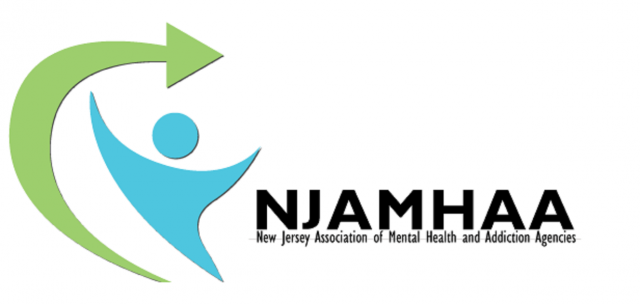NJAMHAA Mourns the Loss of Legendary Anti-Stigma Leader Dr. Patrick Corrigan
NJAMHAA was deeply saddened to learn of the passing of
Patrick Corrigan, PsyD., who was well known ...
NJAMHAA was deeply saddened to learn of the passing of
Patrick Corrigan, PsyD., who was well known for his extensive and impactful
stigma-related research, publications, teaching and other contributions to the
behavioral healthcare community. He most recently served as a Distinguished
Professor ...


